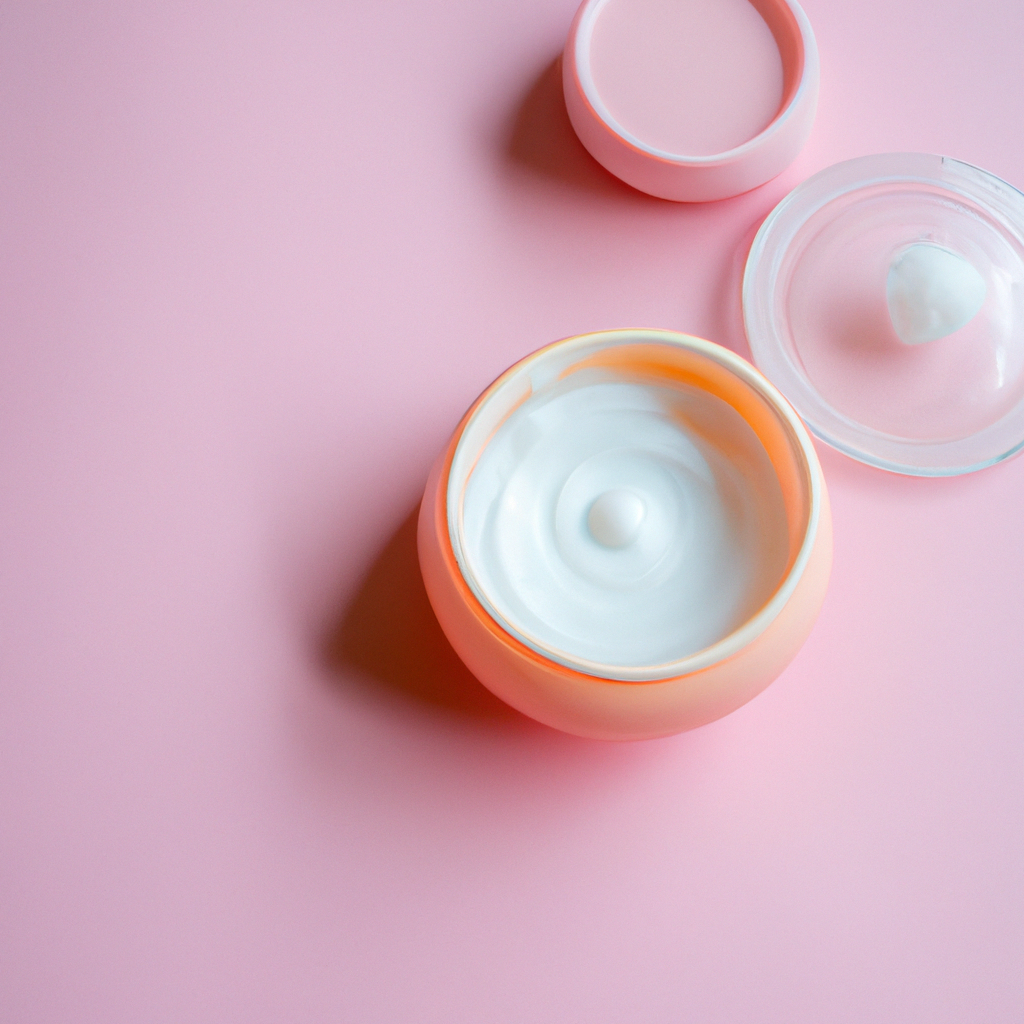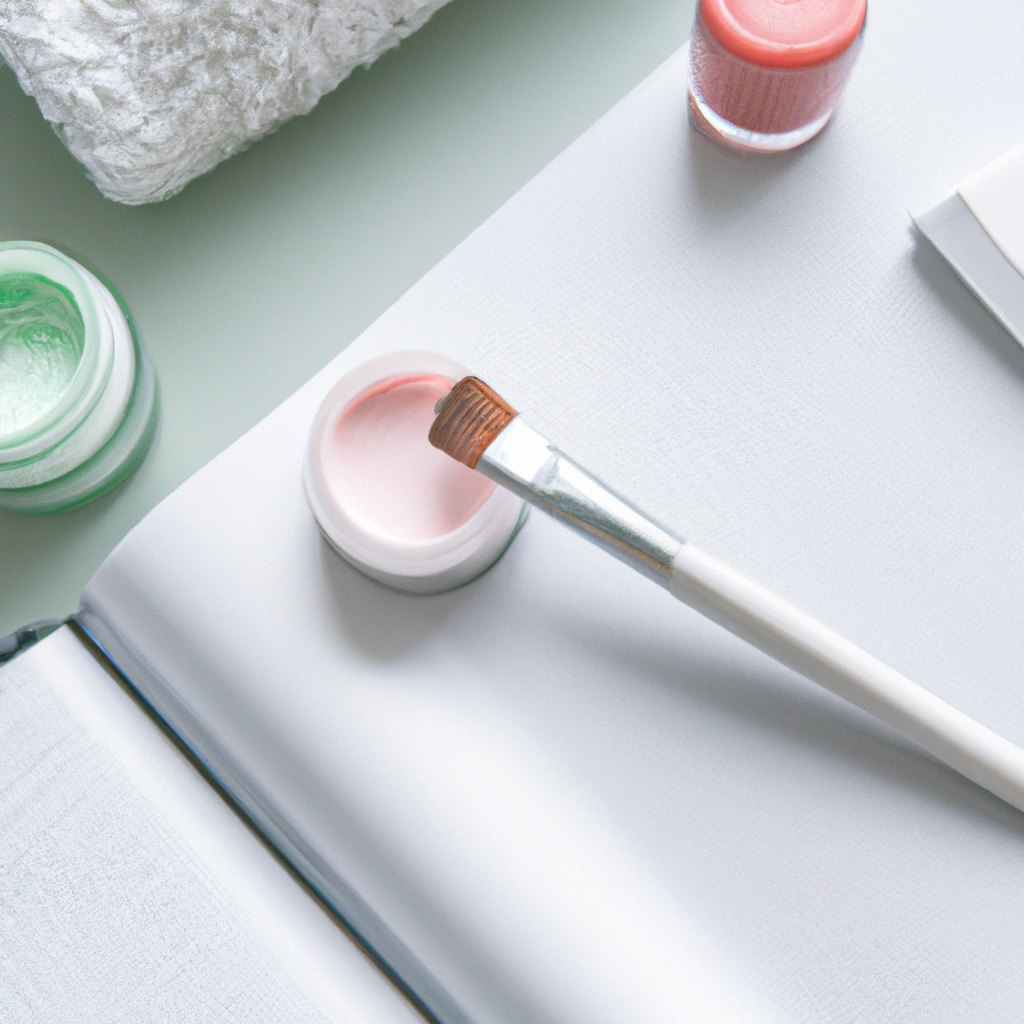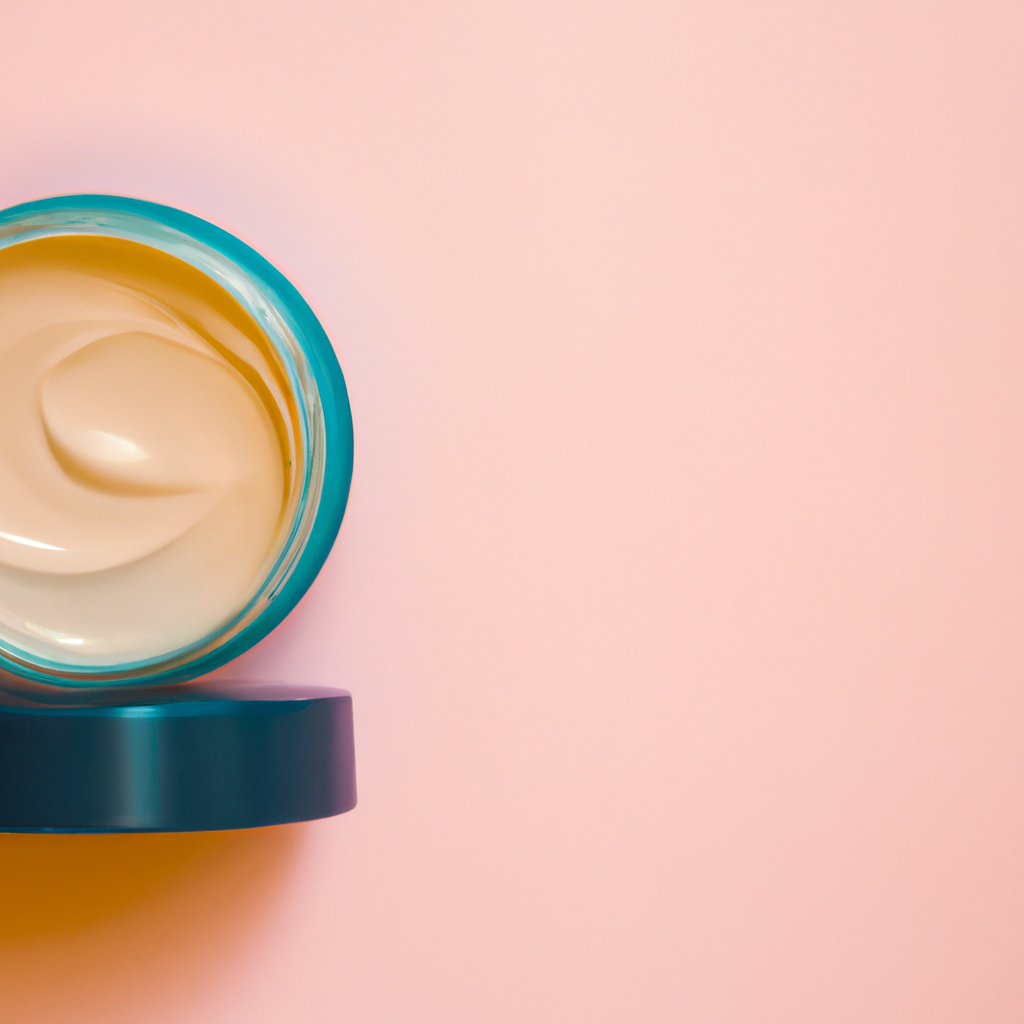In the ever-growing world of beauty and wellness, finding the perfect skin care routine and products can feel overwhelming. With the right knowledge and guidance, you can create an effective routine that is customized to your unique skin needs, helping you achieve the glowing complexion you’ve always dreamed of.
Understanding your skin type is the foundational step in crafting a skincare routine that truly works. Generally, skin types are categorized into five distinct groups: normal, dry, oily, combination, and sensitive. Each possesses unique traits, which not only help define the character of your skin but also influence the products and ingredients suited to your individual needs.
Normal skin is well-balanced, neither too oily nor too dry, characterized by an even texture and absence of blemishes. People with this skin type can generally use a wide range of products but should still aim for gentle, balanced formulations to maintain their skin’s natural harmony.
Dry skin, on the other hand, tends to feel tight and may appear flaky or rough. This type benefits from rich, hydrating products like creams and oil-based cleansers, which help replenish moisture and create a protective barrier against environmental stressors. For more personalized advice, consider consulting a professional as noted in our article on The Importance of Choosing the Right Dermatologist for Skin Health.
Oily skin is marked by excess sebum production that leads to shine, enlarged pores, and a propensity for acne. Those with oily skin should look for non-comedogenic products that control oil yet do not strip the skin of its natural oils completely, such as lightweight gels and oil-free moisturizers.
Combination skin presents a mix of dry and oily areas, typically oily around the T-zone but dry or normal elsewhere. This type requires a balanced approach, often using different products for different areas to ensure all parts of the face receive tailored care.
Sensitive skin is prone to redness, irritation, and sometimes itching. It responds best to products that are fragrance-free and formulated with soothing ingredients, such as aloe vera and chamomile, to calm and protect.
Identifying your skin type is crucial as it steers you away from unsuitable products that could cause irritation or offer no benefit, enabling you to select treatments that will work harmoniously with your unique skin. By understanding and embracing the needs of your skin type, you pave the way for a more effective skincare routine.
A well-rounded skin care routine is essential for maintaining healthy, vibrant skin. At the core of this process are four fundamental steps: cleansing, exfoliating, moisturizing, and protecting your skin with sunscreen. Each step serves a unique purpose and, when combined, they create a robust defense against common skin issues while promoting overall skin health.
1. Cleansing: This is the first and most crucial step in any skin care routine. Cleansing removes dirt, oil, and impurities that accumulate on your skin throughout the day. By using a gentle cleanser suited to your skin type, you effectively prevent pore clogging, which can lead to acne and other skin problems. Aim to cleanse your face twice daily — once in the morning and once before bed. For more insights into maintaining skin health, it might be helpful to consider professional guidance. Check out The Importance of Choosing the Right Dermatologist for Skin Health.
2. Exfoliating: Exfoliation helps to slough away dead skin cells that can cause dullness and clog pores. This step should be done two to three times a week, depending on your skin’s sensitivity. Regular exfoliation promotes a smoother and more radiant complexion by encouraging the development of new skin cells. Opt for a natural exfoliant or a chemical exfoliant containing AHAs or BHAs, tailored to your specific skin needs.
3. Moisturizing: Hydration is key to maintaining skin elasticity and preventing dryness or excessive oiliness, which can exacerbate skin conditions. A good moisturizer helps to lock in moisture and protect the skin barrier. Choose a formulation that suits your skin type—whether it’s a lightweight, oil-free gel for oily skin or a rich, creamy lotion for dry skin.
4. Protecting (Sunscreen): Sun protection is an indispensable part of a successful skin care routine. UV rays can cause premature aging and increase the risk of skin cancer. Using a broad-spectrum sunscreen with at least SPF 30 every day helps protect your skin from harmful rays and maintains youthful-looking skin.
By understanding and executing these steps effectively, you can craft a personalized skin care routine that enhances skin’s texture and appearance while addressing personal needs and concerns.
When it comes to transforming your skin, choosing the right products is a critical step that shouldn’t be overlooked. The key lies not just in understanding your skin type and concerns, but also in recognizing the ingredients that can work wonders for your complexion. With a little know-how on what to look for and how to read labels, you can curate a selection of products that are perfectly suited to your skin’s unique needs.
First and foremost, be aware of what your skin needs. If hydration is the goal, opt for products rich in hyaluronic acid. This naturally occurring substance retains moisture, making it an excellent choice for dry or combination skin types. On the other hand, if anti-aging is a concern, retinol should be a staple in your skincare regimen. Known for its remarkable ability to reduce fine lines and wrinkles, this ingredient works by promoting cell turnover and boosting collagen production. Consider consulting a dermatologist to ensure you’re choosing products that are right for your skin type. For more on the importance of expert guidance, check out The Importance of Choosing the Right Dermatologist for Skin Health.
For those battling acne, incorporating salicylic acid into your routine can be a game-changer. This beta hydroxy acid penetrates deeply into the skin to unclog pores and reduce inflammation, making it ideal for oily or acne-prone skin.
Reading labels may seem daunting, but it’s essential to identify products that will effectively serve your skin’s needs. Look for active ingredients listed at the beginning of the ingredient list, as this indicates a higher concentration. Avoid products with alcohol or fragrances, especially if your skin is sensitive, as these can cause irritation or dryness.
Additionally, consider formulations such as serums, which tend to have a higher concentration of active ingredients, allowing for more targeted treatment. Don’t forget to patch test new products before fully integrating them into your routine to ensure they don’t cause adverse reactions.
In summary, choosing the right skincare products involves a careful assessment of both your skin’s needs and the ingredients in potential products. With the correct knowledge and products tailored to your needs, your skin will thank you with a healthier, more radiant appearance.
Addressing Specific Skin Concerns
Every individual’s skin tells a different story, often characterized by unique challenges such as acne, rosacea, or hyperpigmentation. Understanding how to effectively address these specific concerns is crucial for anyone seeking to enhance their skin health and appearance. In this section, we will explore ways to tailor your skincare routine to target and manage these issues effectively using both specific treatments and lifestyle modifications.
Managing Acne
Acne is a common skin concern that can affect individuals of all ages. To combat acne, it is essential to incorporate products containing active ingredients like salicylic acid, benzoyl peroxide, or retinoids into your routine. Salicylic acid exfoliates the skin and unclogs pores, while benzoyl peroxide reduces bacteria and inflammation. Retinoids help with skin cell turnover and prevent the clogging of pores. In addition to topical treatments, maintaining a healthy diet low in sugar and dairy can also help manage acne outbreaks. For more guidance on maintaining healthy skin, consider consulting a dermatologist “The Importance of Choosing the Right Dermatologist for Skin Health”.
Tackling Rosacea
Rosacea requires a gentle and calming skincare approach. Look for products that are designed to soothe and reduce redness, such as those containing niacinamide, azelaic acid, or ceramides. These ingredients help to strengthen the skin’s barrier and diminish redness. It’s vital to avoid triggers like spicy foods, alcohol, and extreme temperatures that can exacerbate rosacea symptoms. Incorporating a broad-spectrum sunscreen into your daily routine is also critical, as sun exposure can worsen rosacea. For additional tips, you can explore trusted skincare resources like Healthline’s Skin Care Guide.
Reducing Hyperpigmentation
Hyperpigmentation, including dark spots and uneven skin tone, can be addressed by incorporating products with brightening ingredients like vitamin C, kojic acid, or alpha arbutin. These ingredients inhibit melanin production and help to even out skin tone over time. Regular exfoliation using AHAs or BHAs can also promote cell turnover and reduce the appearance of dark spots. Additionally, protecting the skin from sun exposure with a high SPF sunscreen is paramount to prevent further pigmentation.
Lifestyle Adjustments
Apart from topical treatments, certain lifestyle adjustments can enhance skin health. Ensure you are hydrated by drinking plenty of water and maintaining a balanced diet rich in antioxidants. Manage stress through activities such as yoga or meditation to prevent stress-induced skin issues. Also, prioritize getting enough sleep, as good rest allows the skin to repair and regenerate.
By understanding and addressing these specific skin concerns, you can significantly improve your skin’s appearance and health. Tailor your skincare regimen to your unique needs and enjoy a radiant complexion that reflects your diligent care.
Crafting a personalized skin care routine is an empowering journey towards better skin health. By understanding your skin type, choosing the right products, and addressing specific concerns, you can greatly enhance your skin’s appearance and health. Begin today and take the first step towards radiant skin!



Leave a Reply